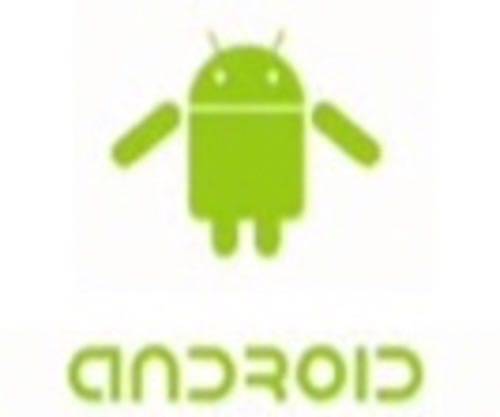T-Mobile is working on plans to build several devices that run Google’s Android operating system but can’t really be considered phones, according to internal documents secured by the New York Times this weekend. The revelation appears to provide more evidence to the argument that Android isn’t really a mobile phone’s operating system because in the future there won’t be devices thought of as phones.

There’s no good reason for phones to continue to exist as distinct devices for voice communication. For all intents and purposes, there will be no phones in the future – only portable data devices used for all kinds of communication, voice being an equal partner with the web.
The forthcoming T-mobile devices may be larger than an iPhone (one appears to be a 7 inch tablet), they may stay in a particular room or hallway in your home. There are lots of possibilities. Bard Dybwad writes at Obsessable, “Assuming the news has legs, it marks an aggressive push on the part of T-Mobile to throw its hat into the ring on developing devices in the middle layer between computer and cell phone, with Linux-based Android as the flexible open operating system that can accommodate a wide range of control schemes and device sizes.”
Would you carry a device with you if it was larger than an iPhone? Many people say they would – if the gains in features and productivity increased a lot as well. Maybe this is just a Netbook, but maybe it’s something in between.
We expect things to change drastically in the near future. If someday the concept of a voice-centric device called a “phone” will seem antiquated, here are three factors we expect to contribute to that shift.
Voice and Data Cannot Remain Separate
Forcing users to pay one fee for voice communication through telephony and another fee for use of other data like the web is not a tenable long term business model. It’s comparable to expecting music fans to pay for music when it’s all available for free online.
At least when it comes to portable communication there is a clear need for customers to pay for something, connectivity. Voice and web access are all just digital data, though, so it’s not realistic to expect people to pay twice in the long term. Paying separately for home internet service probably won’t happen forever, either.
The introduction of the Skype iPhone app last week showed how much demand there is for integrated communication. The fact that voice calls can’t be made with the app using 3G is just not the kind of barrier that stands much of a chance in the face of tech history marching forward.
Which OS is most likely to integrate voice and other data first? Not the iPhone – but maybe Android. Android on a tablet, Android in your gaming portal, Android in the side of your refrigerator. Why not?
Voice and the Web Will Become Inseparable
If you’ve tried out Google’s iPhone app then you can see that quality web search by voice is a clear winner. Different mediums are substantially more appropriate for different circumstances; just like text is far more scannable and better suited for rapid sharing of information than video or audio are, voice is a much faster and more convenient way to search the web than text input into a keyboard is.
Google believes its voice interface is a very important part of its future and Tim O’Reilly identified it at the 5th anniversary of the Web 2.0 conference as one of 5 key technologies he believes point past the current era of the web.
Voice and the web go hand in hand together like peanut butter and jelly. Google voice search and the Google OS are a natural integration as well. There’s no reason for that union to occur within the limitations of the “phone.”
Demand for Web Access Is Ubiquitous
Remember when only yuppies had cell phones? These days a substantial portion of the people in the world don’t have smart phones with Web access – but for how much longer will that be the case? As hardware prices fall, the wall between voice and other data comes down and the mobile advertising puzzle gets solved – web access in your hand held communication device will be close to universal.
Who’s going to figure out how to monetize ads, probably search ads in particular, on portable devices? Android seems as likely a candidate as any.
Why Android?
Android seems a particularly likely candidate to usher in this future because it was engineered to be open to 3rd party developers because Google has access to huge distribution channels and because Google is a company with a business model fundamentally based on plenty – not scarcity. The more the web grows, the more Google can advertise there. That’s very different from the phone model, including Apple’s model.
We look forward to seeing what comes next with Android on it, the future seems relatively open ended so far.

















